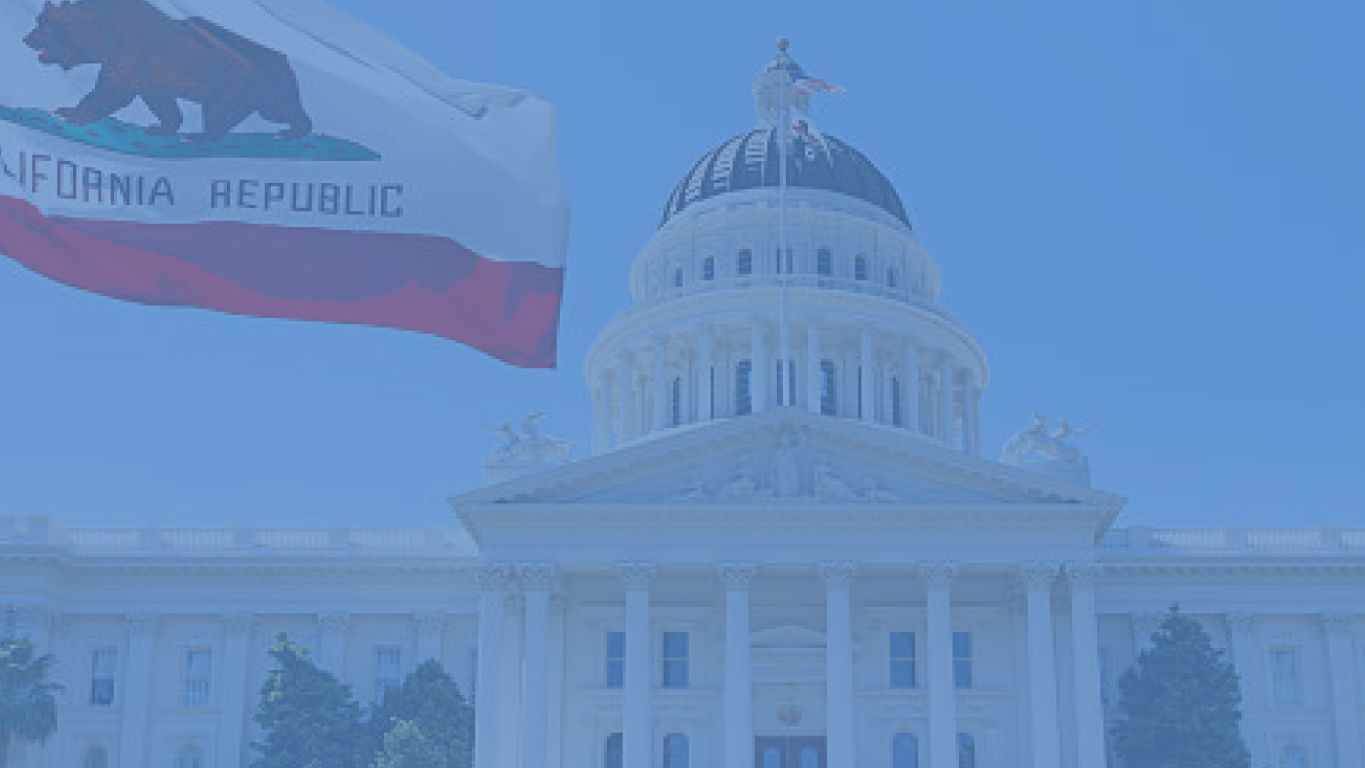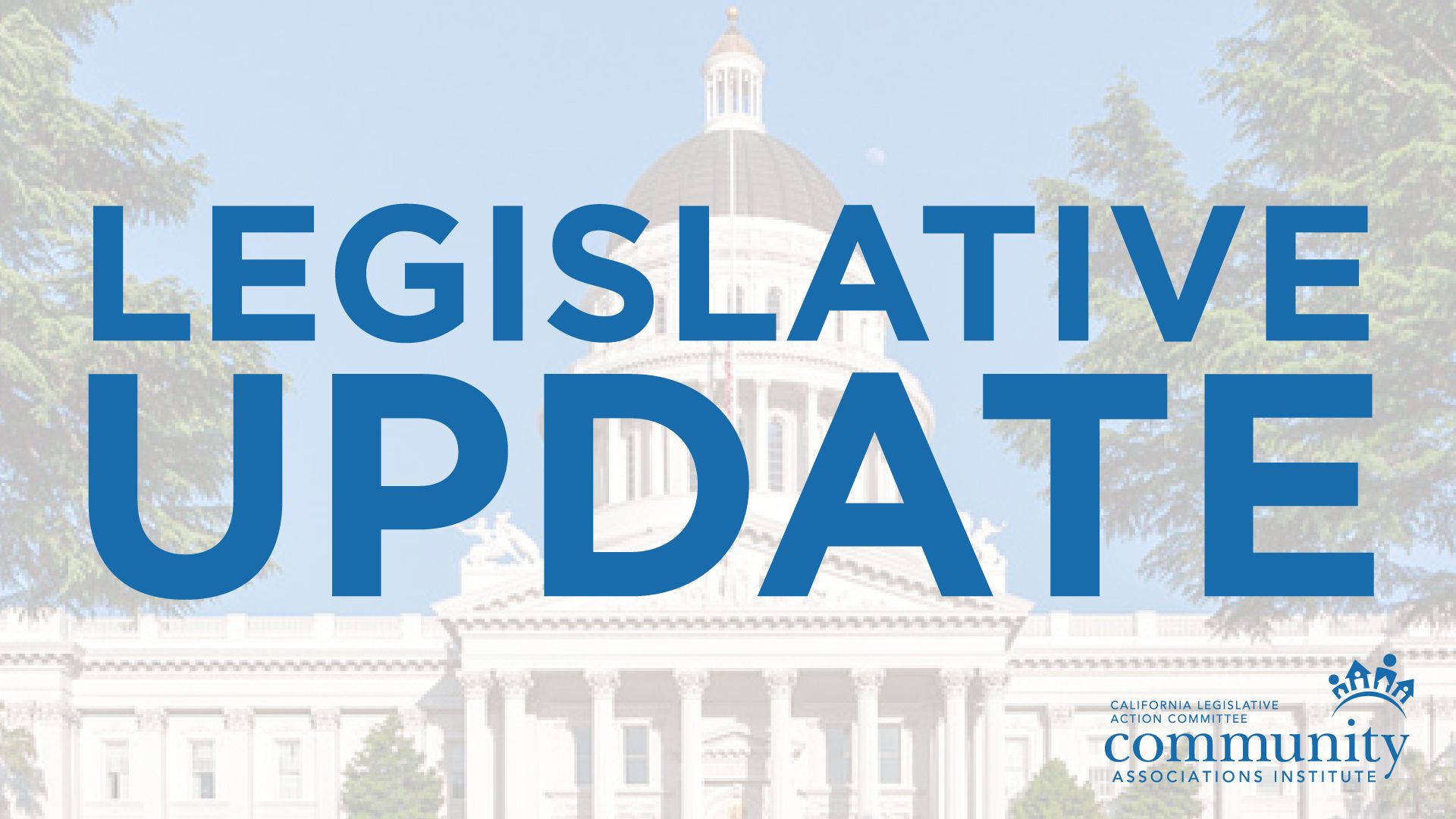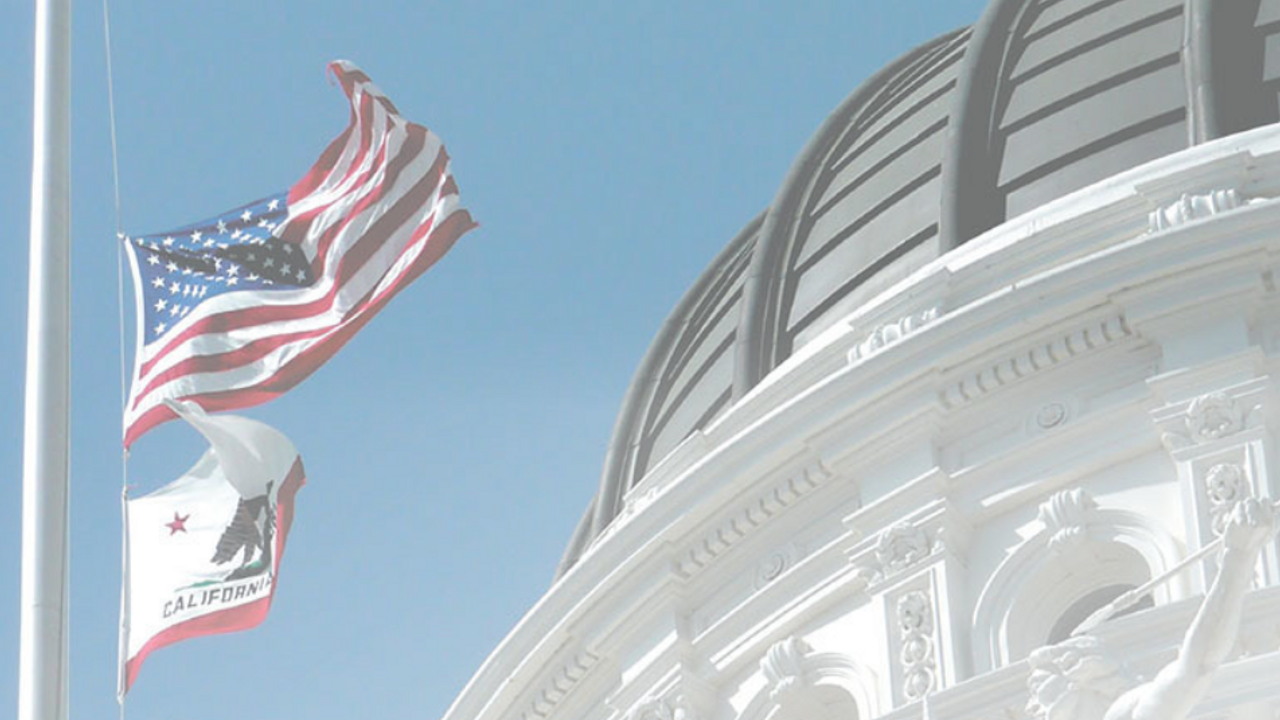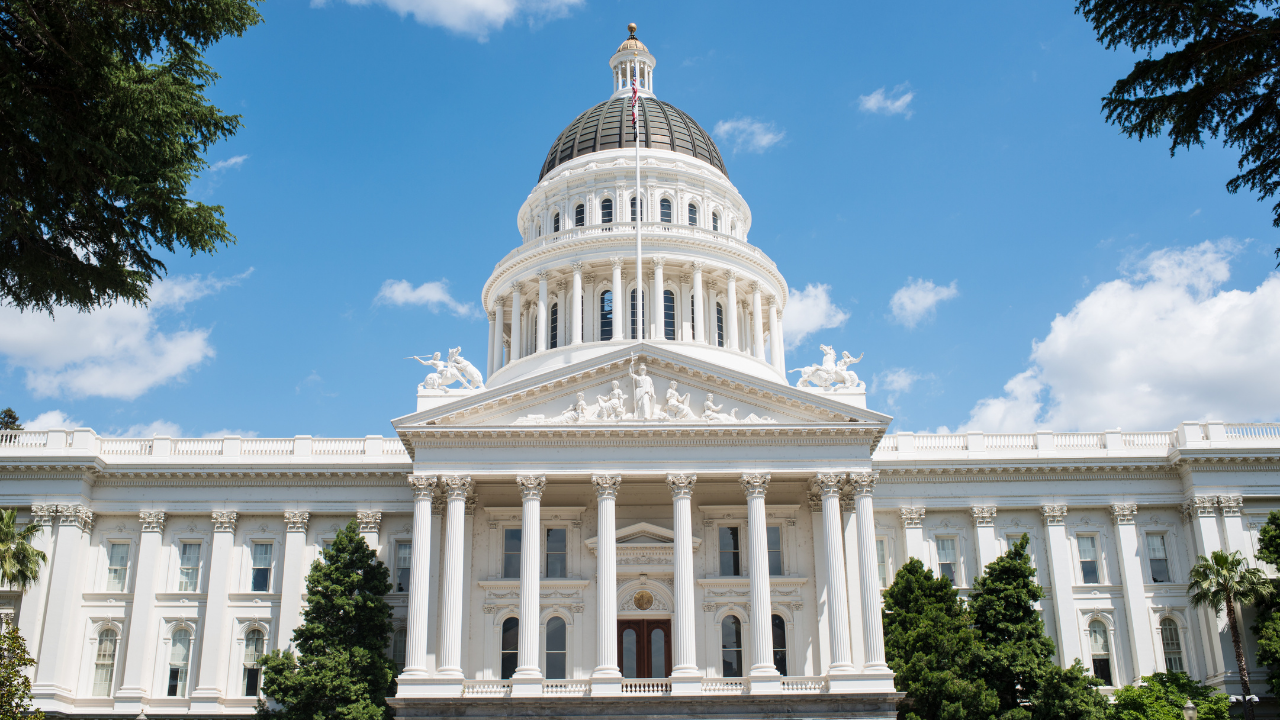Blog
Stay up to date with all the latest community association industry news. Subscribe to this blog and receive notifications of new posts by email here
Say What? Court Says Boards Can E-mail

By Nathan McGuire, Esq.
The Court of Appeals for the Fourth Appellate District recently handed down a landmark decision impacting HOA governance. In LNSU #1 v. Alta Del Mar Coastal Collection Community Association, the court delves into the issue of e-mail communications between board members. For better or worse, the court essentially eviscerates the transparency component of the Open Meeting Act (located in the California Civil Code as part of the Davis-Stirling Act), allowing boards to communicate and deliberate by e-mail outside of a noticed and agendized meeting. And while not directly addressed in the court’s ruling, the court arguably opens the door for boards to deliberate using electronic forms of communication other than just e-mails. As boards and professionals within the HOA industry grapple with the implications of this ruling, there is a growing discourse about potential legislative changes and concerns regarding this perceived loophole.
The crux of the LNSU case lies i...
CAI and CLAC Celebrate Legislative Successes in 2024

By Amy K. Tinetti, Esq.
The following is a summary of the new laws for 2024 and how they impact community associations.
AB 572: LIMITATION ON REGULAR ASSESSMENT INCREASE FOR AFFORDABLE HOUSING UNITS
This bill amended Civil Code section 5605. The new law prohibits regular assessment increases of more than 5% plus cost of living (capped at 10%) over the previous year for any deed-restricted affordable housing unit. The law only applies to associations with more than 20 units with original declarations recorded on or after January 1, 2025.
Takeaway: Board members, managers, and vendors who serve community associations should be aware of budgeting and funding challenges in post-2025 associations with affordable housing units.
AB 648: VIRTUAL MEETINGS
The law now allows associations to conduct meetings entirely by teleconference (including video conference) without a physical location. The notice of the meeting must contain technical instructions and contact information to assist memb...
An Exciting Year Ahead for BayCen’s Legislative Support Committee

When it comes to new Sacramento legislation that has the potential of affecting our industry, it’s fair to say 2022 was not the busiest year. Nevertheless, our chapter’s Legislative Support Committee (LSC), which supports the mission of CAI’s California Legislative Action Committee (CLAC), has been busy planning several exciting events and fundraisers for 2023, as well as continuing to support CLAC in its ongoing work.
First up is a Virtual Town Hall, our "Getting Ready for Advocacy Week" planning meeting (April 11). Then comes the ever popular and always important "Advocacy Week" event itself (held virtually, April 24-27). During Advocacy Week, CLAC delegates, homeowners, and other industry professionals meet with legislators to discuss potential impacts of bills the Legislature is considering, as well as other issues and challenges currently affecting their communities. LSC will also help support CLAC in its ongoing "Buck-a-Door" campaign, in which associations agree to contribut...
Assembly Bill 1410 Legislative Update

By Stephen T. Brindle, Esq.
Governor Newsom signed Assembly Bill (AB) 1410 on September 30, 2022, which took effect on January 1, 2023. Adding to existing law prohibiting community associations from restricting the free speech rights of members or residents, the bill prohibits associations from:
- Prohibiting members or residents from using social media or other online resources to discuss issues of concern to them, even if the content is critical of the association or its governance
- Retaliating against members or residents for exercising their free speech rights
- Prohibiting owners from having roommates; and
- Enforcing governing document violations (except for nonpayment of assessments) during declared state or local emergencies if the nature of the emergency would make it unsafe or impossible for owners to prevent or fix the violation
CAI-CLAC successfully convinced legislators to remove some of the more onerous provisions considered for the bill, including those that would req...
2022 Legislation: Insight and Legal Update

By Nathan R. McGuire, Esq.
This article first appeared in the Winter 2022 Issue of The Communicator here.
On balance, the industry fared well in this last legislative session. The prior two years in a row, we faced some of the most historically significant bills since the Davis-Stirling Act came into effect in 1986. And we’re still dealing with those bills (think SB 323, AB 670, AB 3182). That’s saying a lot considering the Davis-Stirling Act has been perpetually amended year after year. Overall, the legislature continued to focus on COVID-19, economic recovery, and housing affordability issues. But the legislature was also able to fit in bills on other topics, including many which will have a lasting impact on community associations.
CAI’s California Legislative Action Committee monitored more than 50 bills and engaged on at least 10 of them. We had an outstanding year as we continued to pivot and take advantage of virtual legislative opportunities and we had a higher level of gras...
2021 Legislation: Insight and Legal Update

By Nathan R. McGuire, Esq.
This article first appeared in The Communicator, Winter 2021. To read more, click here.
For the last two legislative sessions, we have faced some of the most historically significant bills since the Davis-Stirling Act. And that’s saying a lot considering the Davis-Stirling Act has probably been amended more than a hundred times since it was enacted in 1986. This year was especially challenging on legislators, advocates, and citizens wishing to engage in the process, given the impact of the coronavirus pandemic on the legislative process. It has also demonstrated the need for modernizing the Davis-Stirling Act by allowing for the use of mainstream technology, which has become commonplace in our everyday lives.
Because of the pandemic, the legislature shifted its focus to the coronavirus, economic recovery, and housing affordability issues. Other bills, like the ones pushed by CAI’s California Legislative Action Committee (CAI-CLAC), including a bill to clean...
2020 Legislation Update

By Nathan R. McGuire, Esq.
ADAMS|STIRLING PLC
October of last year marked the end of the legislative session in California and Halloween was a fitting backdrop for some of the year’s nightmarish results. While there was good mixed in with the bad, some of the legislation passed this year could turn out to be the most challenging ever to community associations, including SB 323 and AB 670. CAI’s California Legislative Action Committee (CAI-CLAC) fought hard and had great success in light of overwhelming political obstacles. Believe it or not, the horrific aspects of SB 323 would have been doubly dreadful if not for staunch opposition from CAI-CLAC.
Senate Bill 323 – Elections and E-mail Address Disclosure
Last year I talked about the defeat of SB 1265, which sought to interfere unnecessarily with community association elections. Governor Brown vetoed the bill, stating:
“California has over 50,000 common interest developments varying in purpose and size. Each one has governing document...
